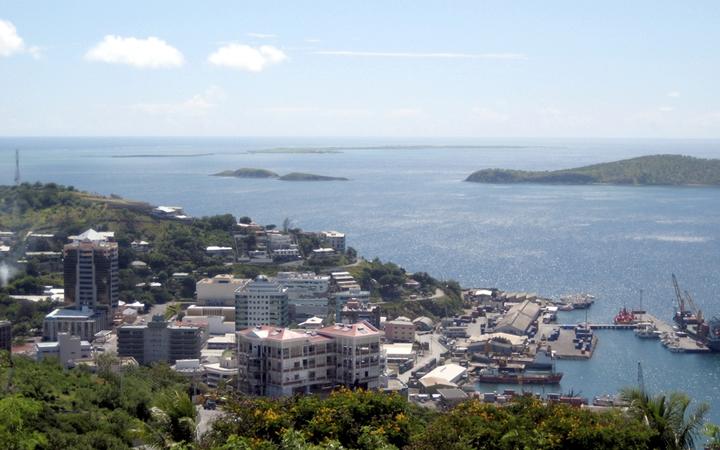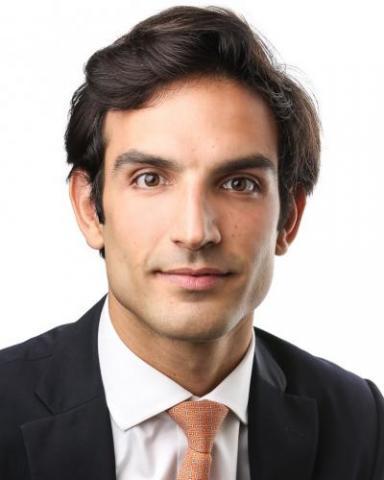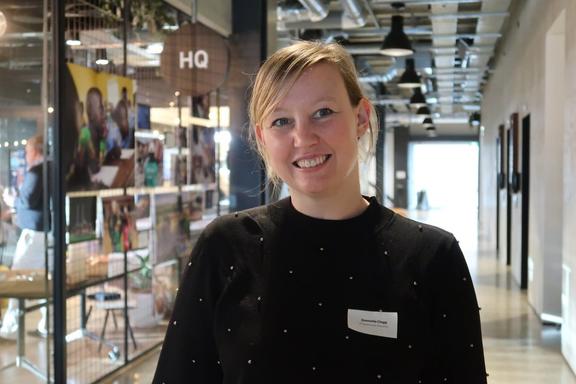By RNZ.co.nz. Republished with permission.
New Zealand, Australia and other nations in the Pacific need to do more to combat rampant vaccine misinformation in Pacific Island countries, which poses a threat to the whole region, a researcher says.

The Sydney-based Lowy Institute think tank has released projections for when Pacific countries are likely to have vaccinated most of their populations against Covid-19.
Lowy researcher Alexandre Dayant said while some Pacific countries have been world-leading in vaccine coverage, others are coming last, and parts of the region now face a humanitarian crisis.
Smaller countries like the Cook Islands, Palau, Nauru and Niue have already achieved majority vaccination thresholds, but other countries lag far behind.
The forecasting shows that even by the start of 2023 there will likely still be a vast chunk of the population unvaccinated in Papua New Guinea, Vanuatu and the Solomon Islands.
Samoa is not expected to have vaccinated everyone 12 years and older until June next year, and Micronesia, the Marshall Islands and Kiribati are not expected to achieve full vaccination for those over 18 years old until part-way through 2022.
In Papua New Guinea, only 1.7 percent of the eligible population have been vaccinated so far, and the Lowy report said it could take until 2026 for just one third to be vaccinated.
Dayant said one of the main issues in PNG and elsewhere in the Pacific is misinformation.
He said that as well as continuing to support the health system in Pacific countries, New Zealand and the international community should help counter the rampant misinformation about vaccines.

“New Zealand and Australia could help in some ways – dealing with Facebook, seeing what can be done to better control the spread of misinformation on Facebook. I think this is an issue that Facebook has had to deal with for many years.
“Development partners must continue to partner with local government on their targeted counter-misinformation campaigns and develop a media messaging plan to ensure consistency of messaging about vaccines.”
The report said vaccine supply to Pacific nations was also still an issue, but lack of healthcare workers and difficulties getting to those who need to be vaccinated has created bigger logistical challenges, with many remote and diverse areas.
“How well vaccines are distributed and administered will have significant health, social and economic ramifications in the Pacific,” it said.
The New Zealand Council for International Development’s humanitarian network chair Quenelda Clegg told RNZ that in PNG vaccine hesitancy has become vaccine phobia.
“The situation is dire, people are genuinely afraid of this vaccine … and a critical reason why people are afraid of the vaccine is because of misinformation.
“Misinformation is being spread around the country, and it really is preventing people from going and getting help, and going to the health centres and getting that very crucial vaccine.”
Clegg said before the arrival of Covid-19 previous campaigns to reduce vaccine hesitancy have been successful in the Pacific, and she’s hopeful the same can be done again.

“We’ve seen it done in Samoa, which went from a very low vaccine rate with the measles, and now today there’s around 100 percent vaccine take-up in the country – so that’s really positive.
“We also know from a recent study done by the World Bank that when people are receiving accurate messages, and are receiving up-to-date information about the safety of vaccines
that actually the general intention to get vaccines goes up by around 50 percent.”
Access to the vaccine in geographically isolated areas, and cultural, economic and educational factors were all contributing to many people missing out in PNG, Clegg said.
New Zealand recently sent a health team to PNG, but if more is not done to help the country, Clegg said “we could see the death rate spiral, the country’s health systems collapse, and even the spread of Covid-19 beyond PNG.”
The Council for International Development said New Zealand should donate its spare vaccines to PNG, help provide reliable cell phone coverage so health workers and community leaders there can pass on vaccine information, and fund mobile clinics to provide vaccinations in remote areas.







